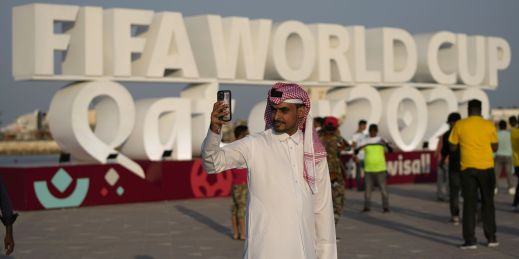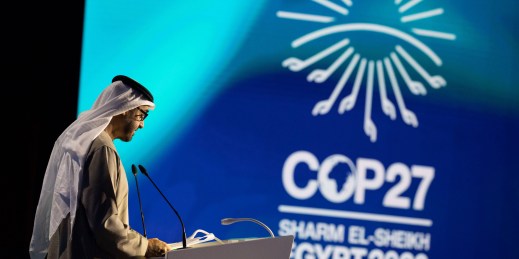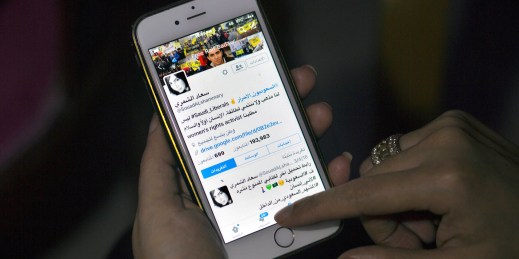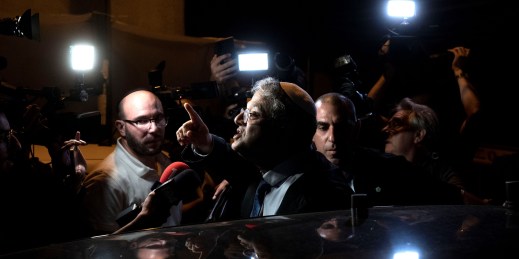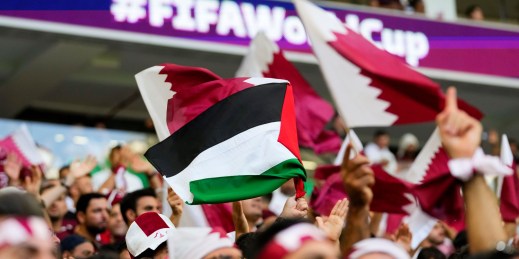
The 2022 FIFA World Cup, one of the biggest international sporting events, is being held for the first time in the Middle East, with Qatar as the host nation. My experience attending the tournament underlines the economic, political and social tensions that this World Cup has put on prominent display.

